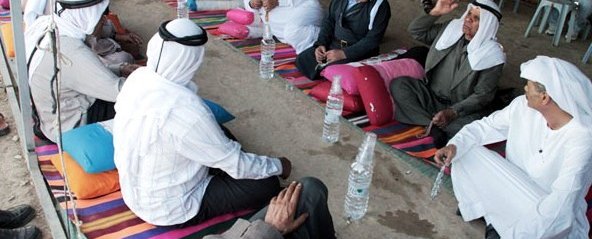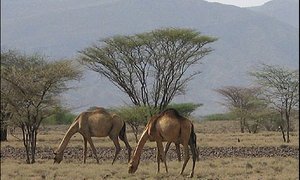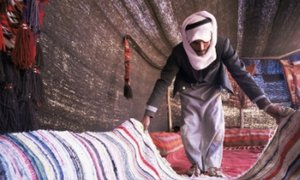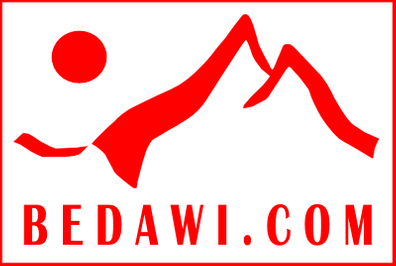"Be like a bee; anything he heats is clean, anything he drops is sweet
and any branch he sits upon does not break."
- Imam Hazrat Ali
Picture by Tanes Newman
Hilf is another interesting Bedouin law. Through communal agreement places are set aside from grazing during certain times of the year to allow flora to recover before grazing again.
Every year, the recognised authorities from the tribes agree which areas are to be set aside and for what period.
The period usually starts before rain in October until the following summer. The setting of the apricot fruit is usually the indication that grazing can start again.
The first month camels will be allowed to graze after which sheep and goats will be allowed to graze in the previously set aside area.
In the Monastery of Saint Katherine maps identify Hilf agreements up until 1973. Thereafter, this practice is no longer actually used in this form but there is more cooperation with the environmental agencies.
Borders are well known to tribesmen, though they generally do not prevent movement of individuals or groups in the area. Grazing and water resources are available to all tribes through inter-tribal agreement.
Individuals who discover new water sources are able to settle next to it, as long as it is in his tribal area, however he would not be allowed to prohibit use of the water by others.
Individuals can however have the rights to exclusively cultivate an area of land, however the viability of this is dependent on the availability of the water.
Source: Lecture Book on the Sinai Bedouin Tribes, 1988 - L. Winter Roeder Jr.; A Literary History of the Arabs, 1930 - R. A. Nicholson, W. Montgomery Watt.



